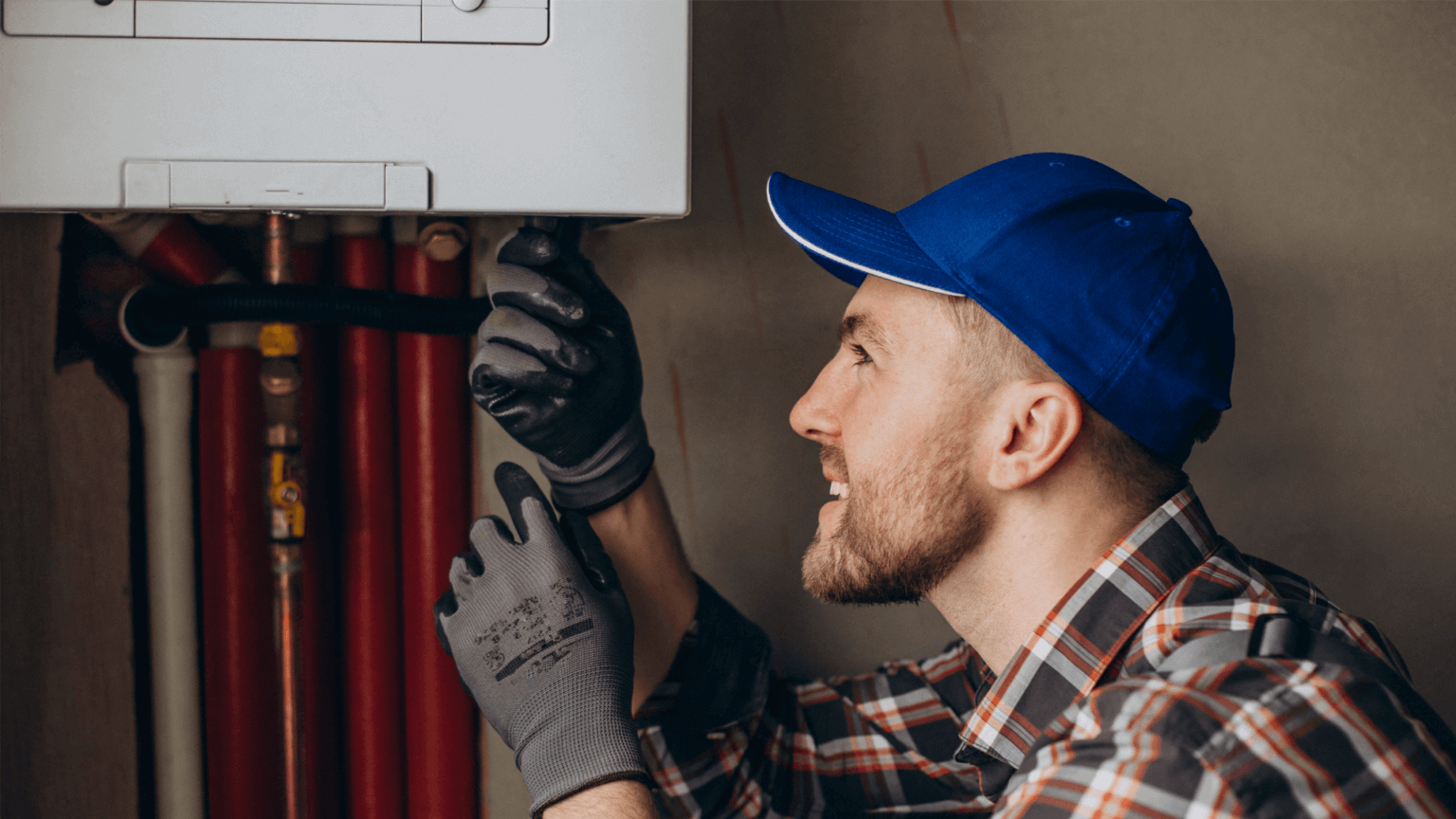A water heater leak can be a warning sign of a wide range of problems, all of which must be repaired immediately to avoid total appliance failure. While it is possible to fix a water heater leak yourself, it can be a difficult task to diagnose the source of the water heater leak and repair it safely. So, leave it to the experts and call Total Plumbing for you water heater leak repair.
Water heater installation and replacement is a job best left to the professional plumbers at Total Plumbing. In addition to removing the old unit and disposing of it safely, Total Plumbing’s water heater experts can ensure that gas, electrical, and other connections are conducted safely and the water heater is installed correctly. Our specialists can handle all of your water heater installation needs, especially if your water heater needs to be of an unusual size to fit a certain space, or if your storage requirements have changed since the last time your water heater was replaced.
When the time comes to replace your old water heater, you’ll want to choose an energy efficient water heater that will deliver enough water for your entire household. Like anything else, technological advancements in plumbing mean that you have more options than ever when it comes to water heaters, so it can be challenging to make an informed decision.
There are many different types of water heaters on the market. Our water heater comparison guide is a great starting point to familiarize yourself with what is out there. Total Plumbing can help you decide which model is right for your home and budget, taking into consideration your family’s water heating needs and energy usage expectations.
CONVENTIONAL WATER HEATERS
Conventional water heaters, also called storage tank water heaters, are the most common type–they consist of an insulated tank in which water is heated and stored until needed. Natural gas water heaters normally use less energy and cost less to operate compared to electric water heaters, but can be more expensive and hard to install.
Conventional water heaters require routine maintenance to operate efficiently and effectively over the years. They should be drained and flushed, removing sediment and buildup, at least once a year. The life expectancy of a storage tank water heater is approximately 10-12 years, subject on care and maintenance.
TANKLESS WATER HEATERS
Tankless water heaters use strong bursts of heat against water-filled coils to heat water on demand. Tankless water heater plumbing systems are more energy efficient than conventional storage tank models, but tend to have higher up-front costs.
Tankless water heaters can be sized to provide a continuous flow of hot water, making them suitable for large families that use a lot of hot water at one time. They are also better suited for use with natural gas, though they may require installation of a larger diameter gas line, a potentially costly undertaking. Electric tankless models also may require an upgrade of the home’s electrical capacity.
Just like storage tank water heaters, tankless water heaters need to be cleaned of minerals at least once a year to keep them functioning reliably.
HEAT PUMP WATER HEATERS
Heat pump water heaters, also called hybrid electric water heaters, obtain heat from the air or ground and transfer it to the water. They cost more up front than standard electric models, but use about 60% less energy, meaning homeowners tend to see a return on their investment in the form of lower energy bills.
Keep in mind that hybrid electric heat pump water heaters don’t normally work well in very cold spaces. Because the heat pump is on top of the appliance, the unit may need as much as a 6.5-foot clearance from floor to ceiling.
SOLAR WATER HEATERS
Solar water heaters work using roof-mounted solar panels that absorb the sun’s heat and transfers it to a closed-loop structure that runs to the water tank and heats the water. The best solar water heaters deliver an astronomical savings in summer, making them attractive for warm, sunny regions. A Total Plumbing water heater expert will help you determine which type of solar water heater is right for your home and budget, taking into consideration your family’s water heating needs and energy usage expectations.
Advantages:
- Solar energy is free and plentiful.
- Solar thermal panels are efficient. Approximately 80% radiation is turned into heat energy.
- You will save money on fuel bills.
- You are lowering your hot water carbon footprint.
- There are often financial incentives. For solar hot water, those can include state and federal tax credits, and state, regional, and utility rebates.
Disadvantages:
- Solar thermal panels can only heat water. Solar PV panels, however, generate electricity and some of this electricity can be used to heat water. So, there is more flexibility with solar PV panels.
- Annual maintenance is suggested because there are several parts to the system, that should be inspected to ensure they are performing correctly.
- Even with federal and local rebates, what you will spend to buy and install a solar system can mean waiting 10 to 30 years to recover your investment costs, although solar panels and equipment are becoming less costly all the time.
CONDENSING WATER HEATERS
Condensing water heaters have a tank like a conventional storage tank water heater, but they obtain hot exhaust gases that would normally be expelled from a home out the flue. These gases are blown through a coil in the base of the water heater, where incoming cold water can absord the heat. Condensing water heaters are a highly efficient type of water heater for homes that heat with gas and require a capacity of more than 55 gallons.


